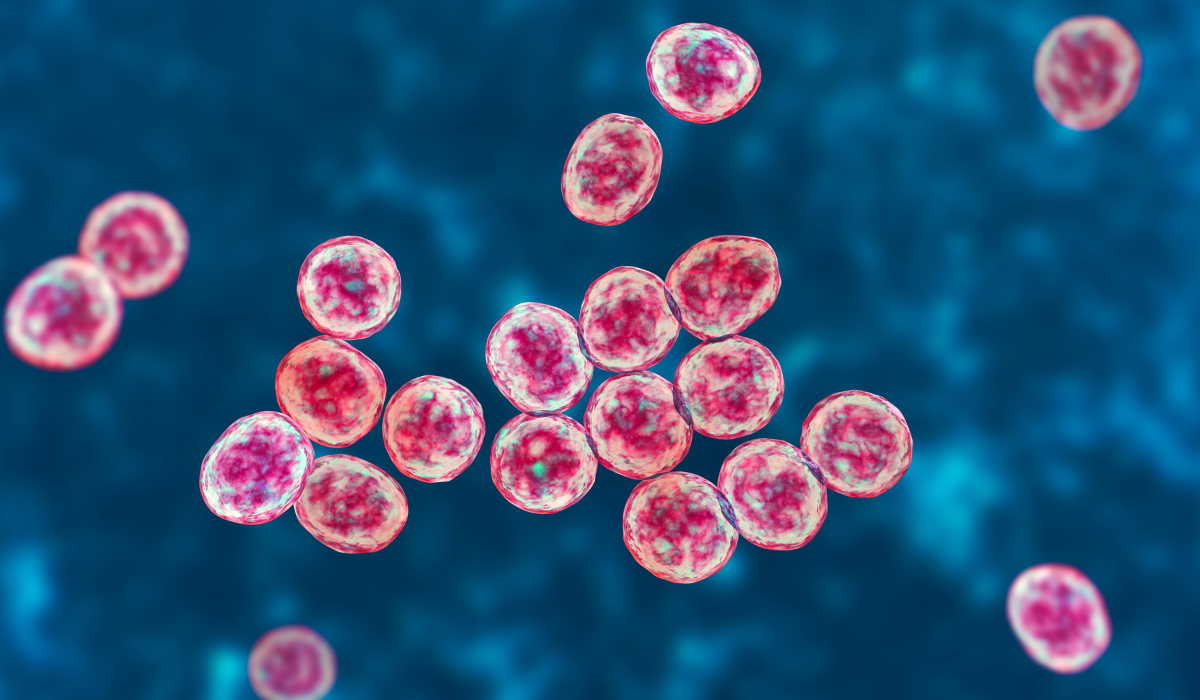In the fascinating world of biotechnology and genetic engineering, a groundbreaking shift is reshaping the way we harness the power of microorganisms to produce valuable proteins. This evolutionary leap is none other than the emergence of a new standard in microbial protein expression. As researchers and scientists, we find ourselves on the cusp of a remarkable revolution that holds the potential to revolutionize various industries, from medicine and agriculture to environmental conservation.
Traditionally, protein expression has been a vital process in the quest to unlock the secrets of life and discover innovative ways to address global challenges. Microorganisms, such as bacteria and yeast, have served as the workhorses in this endeavor, enabling the production of therapeutic proteins, enzymes, biofuels, and much more. However, limitations in existing methods have long hindered the full potential of this technology.
The dawn of this new standard promises to break free from these limitations, propelling us into uncharted territories of bioprocessing efficiency, scalability, and versatility. Pioneering techniques, novel gene editing tools, and advanced computational approaches have synergized to create a powerful toolbox for enhancing microbial protein expression like never before.
Join us on this enlightening journey as we delve into the foundations of this cutting-edge paradigm shift, explore the manifold applications it offers, and ponder the potential implications on diverse industries and, ultimately, the betterment of society as a whole. Welcome to the frontier of microbial protein expression, where the future is now!
The Rise of Microbial Protein Expression
Microbial protein expression involves using genetically engineered microorganisms to synthesize a target protein. Historically, the production of proteins was mainly limited to mammalian cell cultures and the isolation of proteins from natural sources, both of which were expensive and labor-intensive processes. The advent of microbial protein expression technologies has changed the game, offering cost-effective and scalable production options.
Escherichia coli (E. coli) has been the workhorse of microbial protein expression for several decades due to its ease of manipulation and rapid growth rate. However, advances in genetic engineering have opened doors to use other microorganisms like yeast, Bacillus subtilis, and Pichia pastoris, each with its own set of advantages.
Advancements in Expression Systems
a. Synthetic Biology: Synthetic biology has played a pivotal role in shaping the future of microbial protein expression. It enables the design of synthetic genes, regulatory elements, and metabolic pathways to optimize protein production. This approach has enhanced the efficiency and productivity of microbial hosts.
b. Genome Editing: Techniques like CRISPR-Cas9 have revolutionized genetic manipulation, enabling precise modifications in microbial genomes. This tool allows scientists to fine-tune microorganisms for higher protein expression and improved stability.
c. Codon Optimization: Codon optimization involves replacing rare codons in the target gene with more frequent ones in the host organism. This strategy eliminates translational bottlenecks and significantly enhances protein synthesis.
d. Inducible Promoters: The use of inducible promoters allows tight control over protein expression. This feature is particularly valuable when toxic proteins are being produced, as it prevents cellular stress and increases yield.
Challenges in Microbial Protein Expression
a. Post-Translational Modifications: Unlike mammalian cell lines, microbial hosts often lack the cellular machinery required for complex post-translational modifications (PTMs). PTMs play a crucial role in the functionality and stability of many proteins, making it essential to explore alternative strategies for incorporating PTMs into microbial systems.
b. Protein Misfolding and Aggregation: Certain proteins are prone to misfolding and aggregation when overexpressed in microbial hosts. This hampers their functionality and complicates downstream purification. Scientists are continuously developing innovative approaches to overcome this challenge, such as the co-expression of chaperones and optimizing culture conditions.
c. Inefficient Secretion: Some proteins require secretion to function properly. However, microbial secretion pathways might not be equipped to handle certain proteins efficiently. Researchers are actively working on engineering microbial secretion systems to improve secretion yields.
d. Scale-Up and Downstream Processing: While microbial systems offer scalability, the transition from laboratory to large-scale production can present hurdles. Downstream processing techniques must be carefully designed to purify the target protein effectively while minimizing costs.
Applications and Impact
The progress in microbial protein expression has far-reaching implications across various industries.
a. Medicine: Microbial protein expression plays a vital role in producing therapeutic proteins like insulin, vaccines, and growth factors. It has made life-saving treatments more accessible and affordable to patients worldwide.
b. Industrial Enzymes: Industrial enzymes find applications in a range of processes, from biofuels production to laundry detergents. Microbial expression systems have enabled the large-scale production of these enzymes, driving economic and environmental benefits.
c. Agriculture: The production of recombinant proteins in microorganisms has contributed to the development of genetically modified crops with improved resistance to pests and diseases, increased nutritional value, and higher yields.
d. Biotechnology and Research: Microbial protein expression is indispensable in research, where scientists study protein structure, function, and interactions. It serves as a foundation for advances in fields such as structural biology, drug discovery, and personalized medicine.
Ethical and Regulatory Considerations
As with any technological advancement, microbial protein expression raises ethical concerns related to genetically modified organisms (GMOs) and potential environmental impacts. Rigorous safety assessments and adherence to ethical guidelines are essential to ensure responsible use and deployment.
Conclusion
In conclusion, navigating the new standard in microbial protein expression represents a transformative leap in the fields of biotechnology, medicine, and sustainable food production. As we delve deeper into the potential of microbial organisms as efficient protein expression systems, the possibilities for scientific advancement seem boundless.
Through cutting-edge techniques such as synthetic biology, genome editing, and metabolic engineering, researchers have harnessed the natural capabilities of microorganisms to produce valuable proteins, enzymes, and therapeutics. This has not only expedited the drug development process but has also opened up avenues for personalized medicine and novel therapeutic approaches.
Moreover, the advent of microbial protein expression has significantly contributed to the growing movement of sustainable food production. By utilizing microorganisms to produce protein-rich alternatives, we can address global food security challenges, reduce the environmental footprint of traditional agriculture, and alleviate the pressure on dwindling resources.
Nonetheless, as we embrace this new frontier, it is crucial to remain vigilant about potential ethical, safety, and regulatory considerations. Responsible research and development are paramount to ensure the safe application of these technologies and mitigate any unforeseen consequences.
In conclusion, the ongoing advancements in microbial protein expression have ushered in a new era of scientific possibilities and societal benefits. By harnessing the power of microorganisms, we can pave the way for a healthier, more sustainable, and prosperous future for humanity. As we continue to navigate this promising landscape, collaboration between scientists, policymakers, and the public will be instrumental in realizing the full potential of this revolutionary technology. Together, we can seize the opportunities that microbial protein expression presents and create a positive impact on a global scale.



